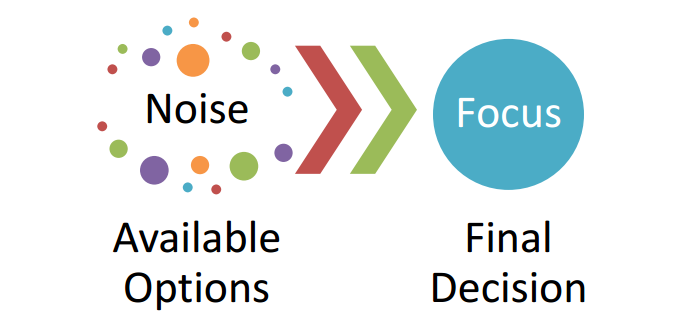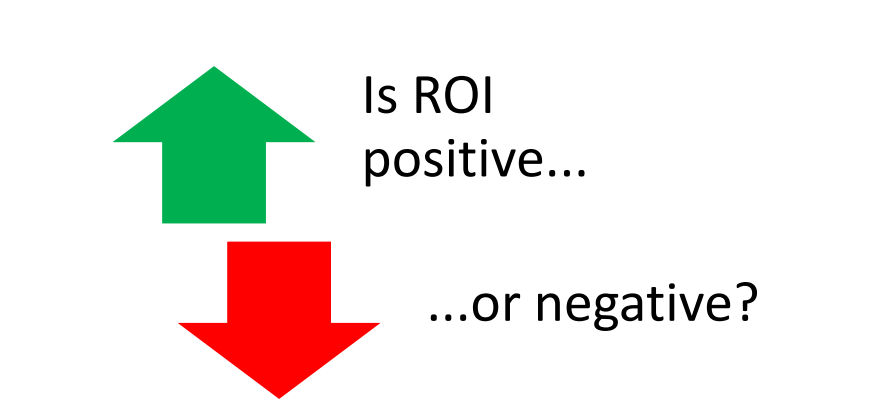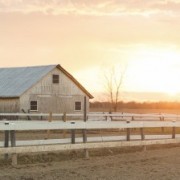Is Data Management Really Important?
“Every company makes information management an afterthought.”
This was something a friend of mine said this weekend as we were chatting about everything from our
respective businesses, to politics and religion, to parenting. He qualified his statement using the vehicle
we were riding in as his example; “Do the (car) manufacturers build an information management system
into the dash of each car that they can charge more for? Of course not, because no one would pay for
it.” Essentially his message was that vehicle buying consumers are less interested in knowing and
measuring all of the vehicle’s varying functions and processes, they only want the basics. They just want
a vessel to get them where they’re going, one that looks good and is comfortable/fun to drive, and has
the power and/or efficiency they desire. End of story.
I challenged his theory as it would relate to other entities (especially large corporations,) and without
hesitation, he stayed his course. I really thought that larger corporations, those with hundreds of
millions or even billions in net worth, would have enviable information management systems and
processes. My friend said, “The focus is primarily growth & profits and how to accomplish it, with
information management being thrown together afterwards.”
I reflected on my own time in corporate Canada and the (sometimes) hodge-podge of reports I would
receive to (supposedly) help me better manage my branch or my client portfolio. Even though I didn’t
want to admit it, I knew my friend was right.
So, now you’re thinking that if big business doesn’t make its own information management a priority,
why should you? I’ll give you 2 words: working capital.
Strong working capital gives any business the cushion to make mistakes. It allows business to do things
less than ideal. This is not giving permission to be less than adequate, but it’s the reality of finance.
Lenders won’t run from a borrower that has done a less than ideal job of information management
when that borrower’s working capital is very strong.
“Very strong” working capital for your farm would cover 100% of your annual cash expenses. If your
farm’s working capital is not very strong, then the argument to not make information management a
priority is very weak. Very strong working capital is not permission to be lax on managing your data. No
entity in any industry should allow their business data to not be highly managed. The risk that this
creates is high, but the opportunity cost is higher yet.
Why are farm equipment companies, seed companies, fertilizer companies, chemical companies, etc. all
so interested in farm data? They recognize the opportunity cost of not being highly responsive to their
clients. You need to be interested in your farm data so you can be highly responsive to your business
opportunities. No one will manage your data but you.
Direct Questions
Are you allowing data management to be an afterthought? Do you have the working capital to support
this (lack of) action?
Have you considered the opportunities you could leverage if your data was highly managed? How many
opportunities have been lost over the years?
Do you recognize that saying “I don’t want those big multi-nationals to mine my data so I won’t compile
it” is a weak excuse?
From the Home Quarter
Large firms can get away with inadequate data management because they have the working capital to
cushion them from the results of less than ideal decisions. Small firms, such as your farm, likely do not.
(Small firms, by definition, are measured by market capitalization and number of employees, and usually
are those under $100million net worth and/or those with fewer than 100 paid employees.) Any
decisions on your farm that could be “less than ideal” will affect your working capital, positively or
negatively. The questions then become,
- Was the positive impact to your working capital as good as it could have been (opportunity cost)?
- Can your existing level of working capital handle a negative impact (risk)?
At the end of the day, highly managed data will support working capital and your ability to increase it.
Working capital will support your growth strategy and your wealth goals. The two are intertwined, and
in this current environment of high risk and tight margins, you cannot afford to be without either.
If you’d like help planning your data management process or strengthening your working capital, then call me or send an email.












